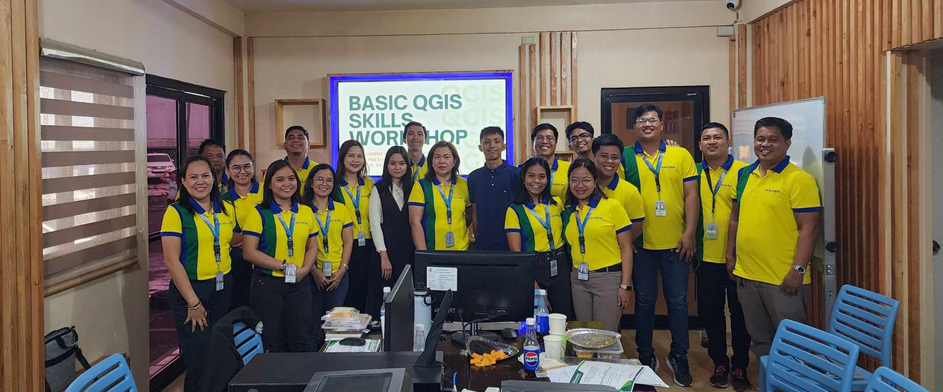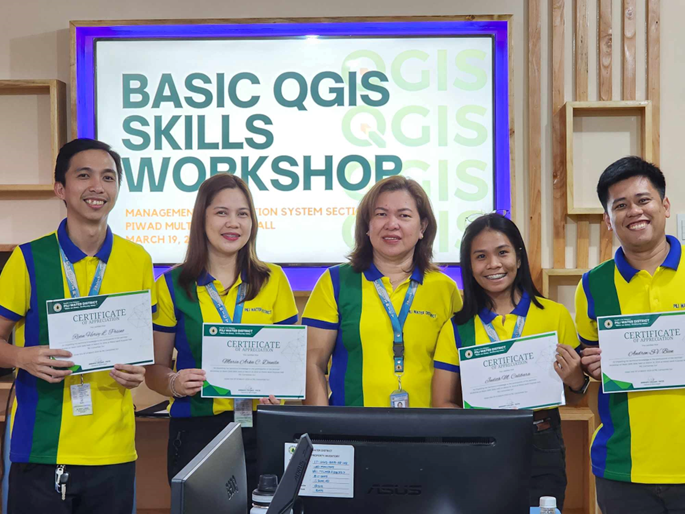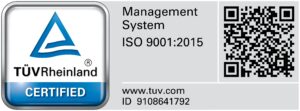
In a bid to enhance operational efficiency and elevate service delivery standards, Pili Water District recently conducted a Comprehensive Workshop on Basic Quantum Geographic Information System (QGIS) Skills. Targeting employees from both the Finance and Commercial Services Department (FCSD) and the Engineering and Operations Department (EOD), the workshop aimed to equip staff with essential tools to integrate QGIS into their daily office tasks and reporting responsibilities.
Geographic Information Systems (GIS) have become indispensable tools in asset management, facilitating streamlined data analysis, visualization, and decision-making processes. Recognizing the pivotal role QGIS plays in optimizing workflows and enhancing productivity, the PIWAD took proactive measures to ensure its workforce is adept in utilizing this technology effectively.
The workshop covered fundamental aspects of QGIS, catering to employees with varying levels of familiarity with GIS software. Participants were guided through hands-on sessions, where they learned to navigate the QGIS interface, import and manage spatial data, create maps, and perform basic spatial analyses. Emphasis was placed on practical applications relevant to the daily responsibilities of employees in both departments.
By imparting these essential skills, PIWAD aims to empower its workforce to leverage QGIS in their respective roles effectively. For employees in the FCSD, proficiency in QGIS enables enhanced market analysis, customer mapping, and targeted service provision strategies. On the other hand, staff from the EOD can use QGIS for asset management, infrastructure planning, and spatially informed decision-making.
Beyond individual skill development, the workshop also underscores the PIWAD’s commitment to continuously improve service delivery standards. The integration of QGIS into daily office duties and reporting tasks is poised to streamline workflows, reduce manual effort, and minimize errors associated with traditional data management methods. This not only enhances productivity but also fosters a culture of innovation and efficiency within the organization. Through such initiatives, the District reaffirms its commitment to embracing technology as a catalyst for positive change and sustainable development.


